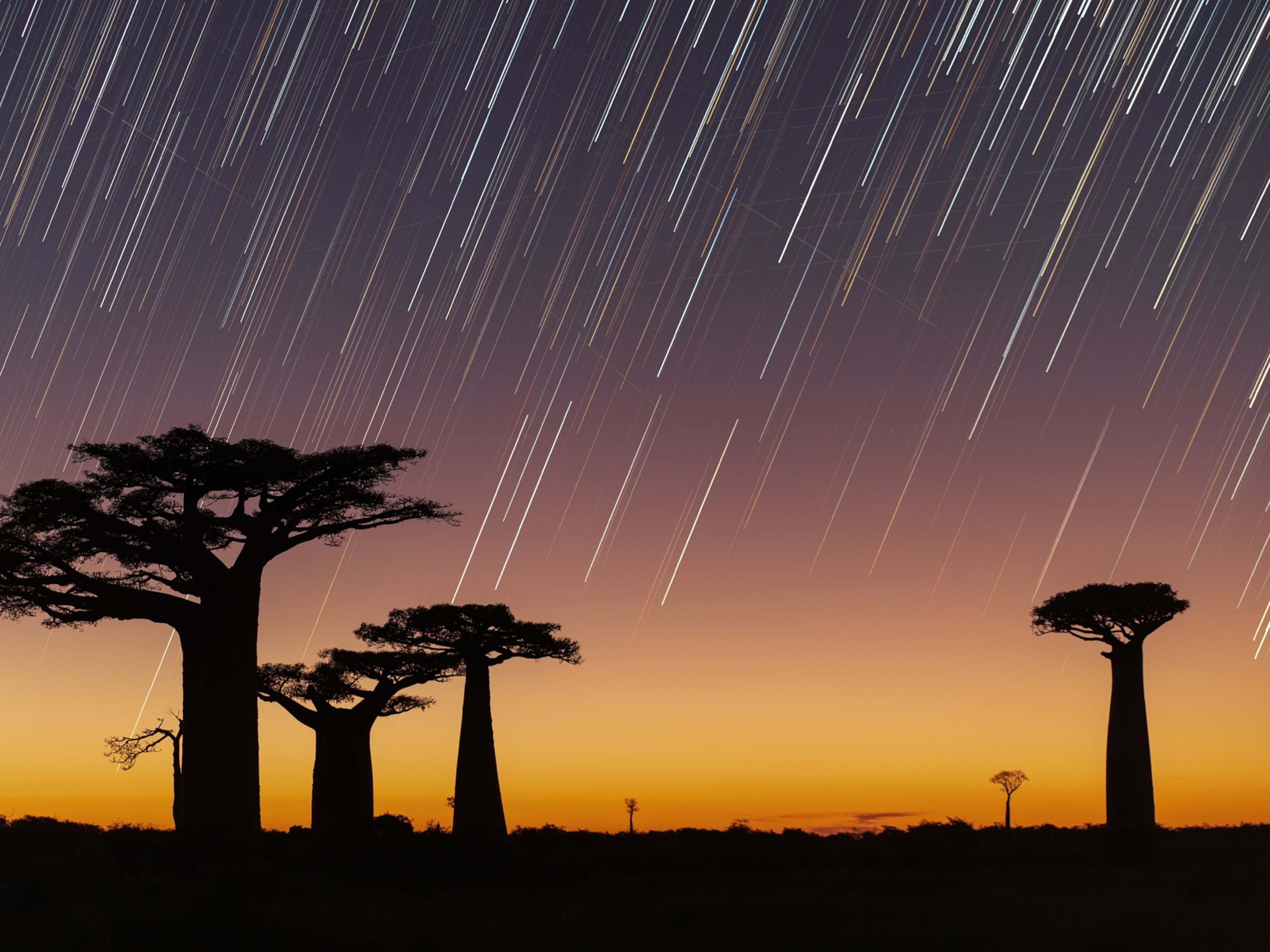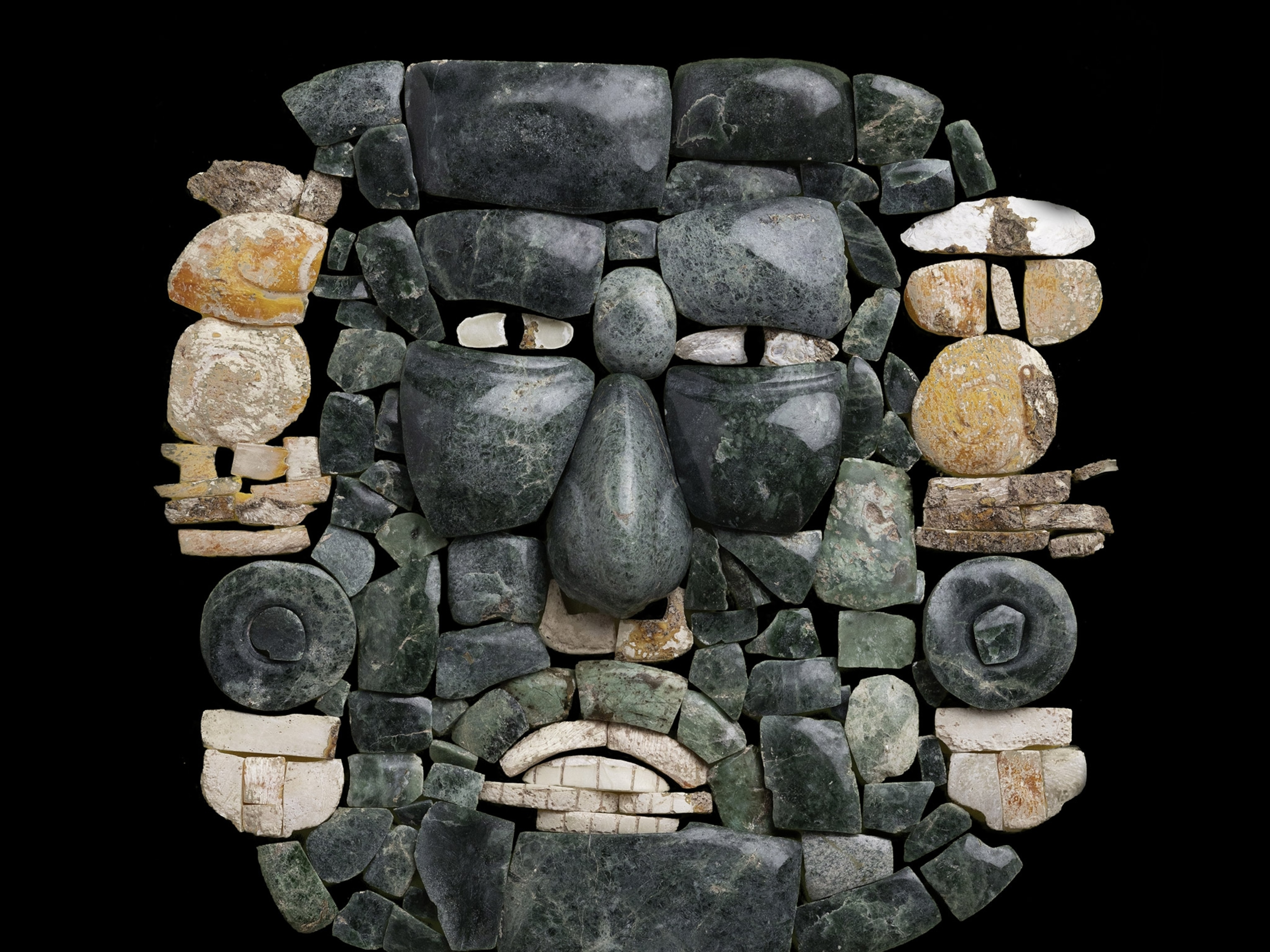
No, Scott Kelly's Year in Space Didn't Mutate His DNA
Scores of stories reporting that Kelly’s DNA is substantially different now are missing some basic facts about how biology works.
If you believe recent news, NASA astronaut Scott Kelly went to space, spent a year there, and came back with substantial changes to his DNA. Some outlets are even reporting that a whopping seven percent of Kelly’s genes—segments of DNA that code for various proteins—are “abnormal” post-spaceflight.
Unfortunately, even Kelly appears to be surprised by the news.
“What? My DNA changed by 7%! Who knew? I just learned about it in this article. This could be good news! I no longer have to call [Mark Kelly] my identical twin brother anymore,” Scott Kelly tweeted.
Well, and we hate to spoil the fun, but no. The story Kelly is referring to, and many more, misrepresent the results of a study NASA commissioned on the effects of spaceflight by confusing changes in genetic sequence with changes in gene expression levels.
That study, which involves multiple independent research groups, compared Scott with his twin brother Mark (also a NASA astronaut) and looked for changes caused while Scott spent a year aboard the International Space Station, a mission that ended in March 2016. Among the dimensions surveyed were cognitive ability, immune system function, and genetics.
The space agency says that papers detailing the findings will be published later this year, and for now, the press is mostly relying on some vague wording and other information contained in a NASA release.
“I, too, am concerned about how the stories coming out are being sensationalized,” says Colorado State University’s Susan Bailey, who leads one of the research groups studying the twins.
The Seven Percent
So, no, seven percent of Kelly’s DNA is not mutated after his year in space, which makes sense if you keep in mind that humans and chimps have genetic sequences that differ by less than 2 percent, and individual humans—even completely unrelated strangers—differ by about 0.1 percent.
Here’s how this works.
Genetic sequences are like strings of letters arranged just so, and they are in charge of producing proteins. Mutate the wrong letter, or sequence of letters, and it can be mildly annoying, like our favorite ducking autocorrect, or it can be extremely bad news, like the mutations that allow tumors to proliferate. Most mutations, however, go unnoticed (the one that confer superpowers are a different story).
Expression levels, on the other hand, reflect whether genes are turned on or turned off. Within each of us, most of our cells are otherwise genetically identical, but their genes are expressed at different levels. It’s those patterns of expression that produce hearts, brains, eyeballs, and other things, kind of like using the same set of ingredients to cook up vastly different dishes.
The NASA result everyone is freaking out about actually measured Scott Kelly’s expression levels, and it found that—not surprisingly—spaceflight affects how much expressing certain genes do, particularly those involved in immune function, DNA repair pathways, and bone growth.
“Seven percent of the genes that changed their expression during spaceflight were still altered after six months back on Earth,” says Weill Cornell Medicine’s Christopher Mason, who led the analysis.
That these levels of expression haven’t boomeranged to pre-spaceflight values is humongously different than saying Kelly’s DNA didn’t “return to normal after a sojourn in space.”
“We had no idea what to expect, and this is the first experiment of its kind, so this sets the bar for future studies of astronauts,” Mason says. “Nonetheless, this number is likely within the range for humans under stress, such as climbing a mountain, or SCUBA diving.”
Indeed, seeing such changes in expression is not at all unusual—it happens each time we get sick, or in response to environmental factors. Certainly, spending a year in microgravity with reduced oxygen and increased radiation levels could cause that type of change.
Mark and Scott Are Not Identical
Another somewhat alarming-sounding finding is that Scott Kelly’s DNA “no longer matches that of his identical twin.”
For anyone familiar with genetics, this is possibly the most obvious statement one could make. We humans accumulate random mutations throughout our genomes as we age, and the chances that Mark and Scott’s genetic sequences were randomly modified in exactly the same way are astronomically small. In reality, their DNA hasn’t been identical for most of their lives.
That’s just at the most basic sequence level. All sorts of chemical modifications to DNA can dramatically affect where and how genes are expressed, and those markings—termed epigenetic—are malleable. Genomes add and erase those markings all the time, and they’re not the same between identical twins, either.
Throw in a heaping pile of spaceflight, where exposure to higher levels of radiation necessarily mutates DNA more quickly, and the truly surprising result would be seeing no difference between Mark’s and Scott’s genetic sequences. The fact that they differ, and that Scott’s mutation rate is apparently a bit higher than Mark’s, is totally expected.
“No twin pairs are ever completely identical, and we all do accrue random mutations all the time,” Bailey says. “No doubt, Scott did or does have different or more mutations than Mark—and anyone else not being in space for a year—due to radiation exposure alone.”
Chromosomal Bungee Cords
All of that being said, one of the actually surprising findings from the NASA study is that Kelly’s chromosomes grew longer while he was in space, at least in his white blood cells. The changes occurred in what’s known as the telomere, a cap of genetic material that sits at the end of each chromosome.
Normally, telomeres shrink with age, the idea being that each time a chromosome is copied during cell division, the process chips away at that cap. Shortened or frayed telomeres are largely thought to be responsible for age-related cellular breakdown.
But Kelly’s telomeres elongated in space … and then quickly shrank to their original lengths after he returned to Earth. That these structures exhibit such flexibility is intriguing and potentially quite consequential, says Bailey, whose lab studied Kelly’s telomeres.
“We’re now trying to figure out why and what caused such shifts, so we can better appreciate potential health risks,” Bailey says, though she also notes that Scott Kelly’s exercise and nutrition on the station likely contributed to the chromosomal bungee.
All this means that if Scott really wanted to no longer be genetically identical to Mark, he didn’t need to spend a year in space.







